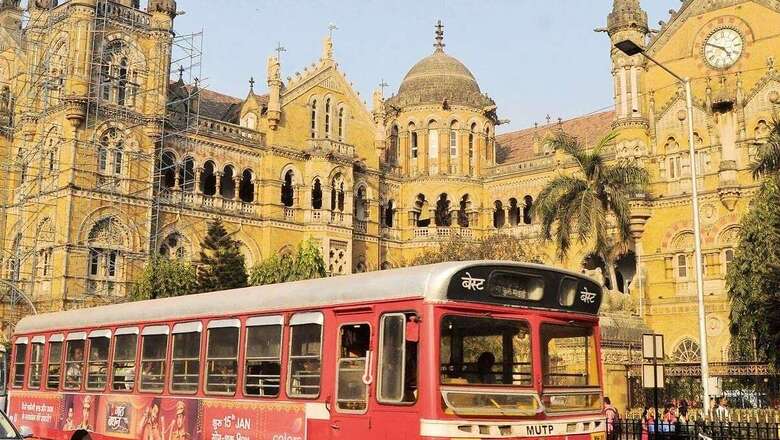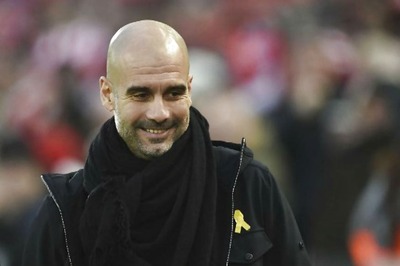
views
Mumbai‘s iconic BEST transport service, which kicked off its horse tram services on May 9, 1874, celebrated its 150th anniversary this Thursday.
To mark this milestone, BEST is hosting an exhibition at the BEST Museum, Anik Depot, showcasing the evolution of its services from the tram era to the present day. The exhibition will run from Thursday to Saturday between 10am and 5pm.
The first-ever horse trams in Bombay, as it was known then, ran along two routes: Colaba to Pydhonie via Crawford Market and Bori Bunder to Pydhonie. These trams, pulled by two, six, or eight horses, trotted along at a speed of 4-5 miles per hour, with a ride costing passengers 1 anna back then, according to a spokesperson for BEST.
Historically, the idea of a public transport system in Bombay was first proposed in 1865 by an American company. However, it wasn’t until 1874, under the Bombay Tramways Act, that the first horsecar tramway service was inaugurated. Initially, conductors didn’t issue tickets, but that changed after a few months.
According to TOI, the city witnessed a revolutionary shift with the introduction of electric trams in 1907, following electrification. Just over a decade later, double-decker trams became a common sight on the streets, much to the delight of commuters, recalled a historian.
By 1926, motor buses became a popular mode of transport, catering to around six lakh daily commuters. Initially, these buses were single-deckers, but in 1937, Mumbai saw its first double-decker bus. While the city once boasted around 900 non-AC double-deckers, they were gradually phased out by September 2023, making way for 50 AC double-deckers and a total fleet of 3,000 buses.
Reflecting on the past, a transport enthusiast reminisced about the trailer buses of the ’70s, where two buses were connected, providing transport from Colaba/Ballard Pier to Mahim.
However, for some, the nostalgia lies with the non-AC diesel double-deckers of the late ’70s, offering a memorable experience of riding upfront with the wind in their faces, as recalled by a long-time passenger who frequented the route to Sydenham College at Churchgate.



















Comments
0 comment